Global Water Crisis 2025: A Threat That Cannot Be Ignored
Muhe - Wednesday, 27 August 2025 | 10:00 AM (WIB)
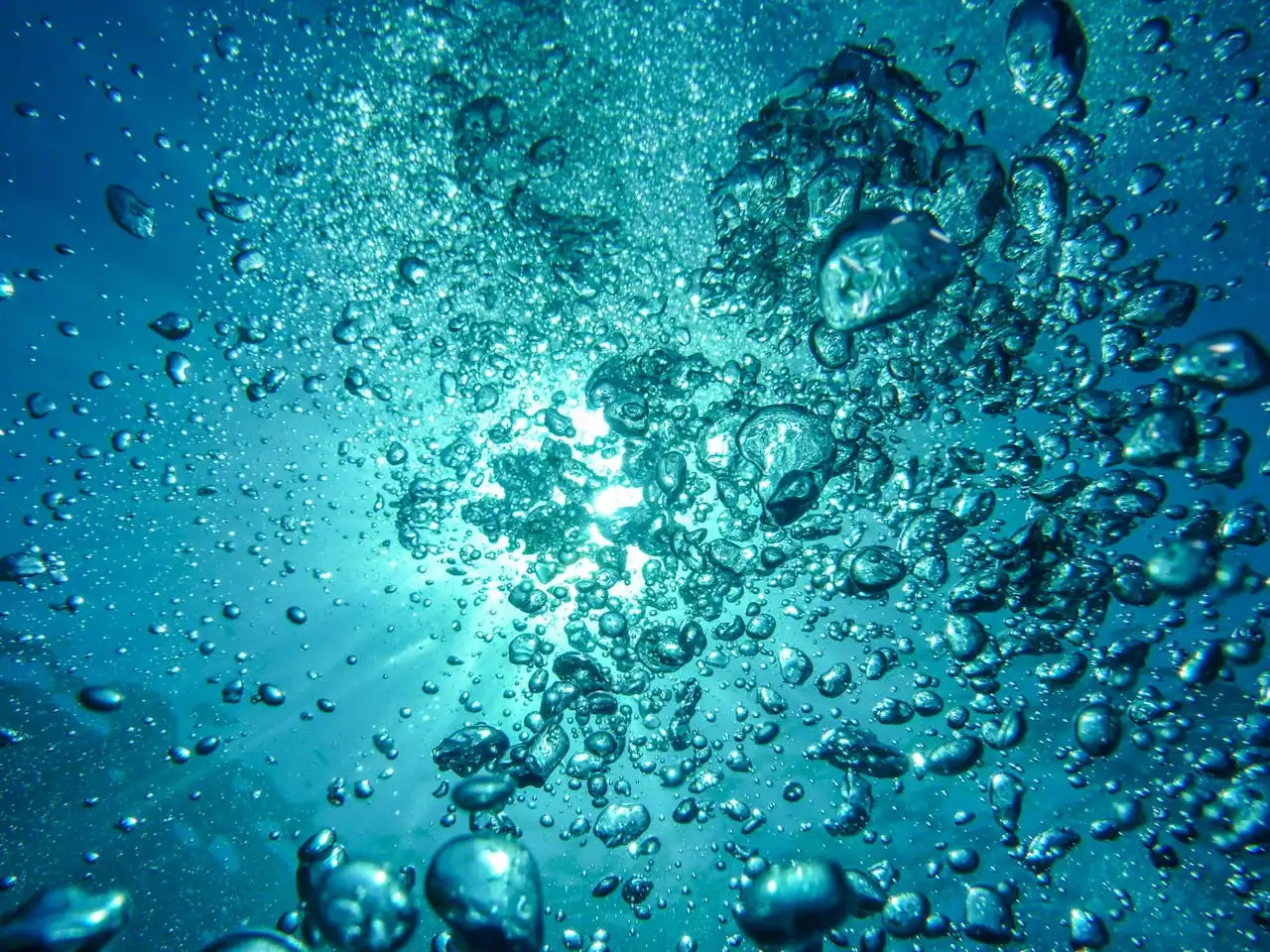

Impact of the Water Crisis on Daily Life
The water crisis has caused significant drinking water shortages in many regions. In India, for example, the city of Aizawl faces water supply disruptions despite the heavy monsoon season. Power outages and the cloudiness of major rivers hamper water distribution and purification. In Indonesia, the Meteorology, Climatology, and Geophysics Agency (BMKG) notes that river restoration and rainwater harvesting are strategic solutions to increase water security, especially in large cities prone to drought.Furthermore, prolonged droughts are impacting the agricultural and food production sectors. Two-thirds of large companies in the meat and dairy industries lack adequate water risk management, leaving their production vulnerable to disruption. Food prices are rising, burdening low-income households and exacerbating food security challenges in many countries. This phenomenon is known as "climateflation," which is price inflation caused by climate change.World Water Week 2025: Raising Global Awareness
In response to this crisis, World Water Week 2025 was held from August 24–28 with the theme "Water for Climate Action." The event emphasized the critical role of water in climate change mitigation and building disaster resilience. Participating countries shared innovative strategies, from water treatment technologies to water conservation policies, that can help address this global challenge.International Solutions and Efforts
Addressing the water crisis requires strong global collaboration. Malaysia, for example, called for international cooperation at the 2025 Global Water Summit in Paris. Raising public awareness, policy reform, and investment in water infrastructure are also crucial steps. Modern technologies such as rainwater harvesting systems, wastewater treatment, and digital sensor-based water quality monitoring are key to long-term strategies.The Importance of Rapid and Sustainable Action
The water crisis is not only an environmental issue, but also a humanitarian and economic crisis. If not addressed seriously, the consequences will become increasingly severe, including food shortages, resource conflicts, and a decline in the global quality of life. Every individual can play a role, from reducing water waste to supporting water conservation policies at the local and national levels.The global water crisis by 2025 demonstrates that clean water is an increasingly scarce and valuable resource. This challenge demands serious attention from governments, international organizations, the private sector, and society as a whole. With collaborative efforts, technological innovation, and increased public awareness, there is still a chance to ensure safe water access for current and future generations. This crisis is a reminder that swift and sustained action is no longer an option but an urgent necessity for the sustainability of life on Earth.
Did Earth Just Jump from 3D to 5D? Let's Deconstruct the Hype
6 months ago

South Korea Says "No More Pixels, More Pencils!" in Classrooms
6 months ago
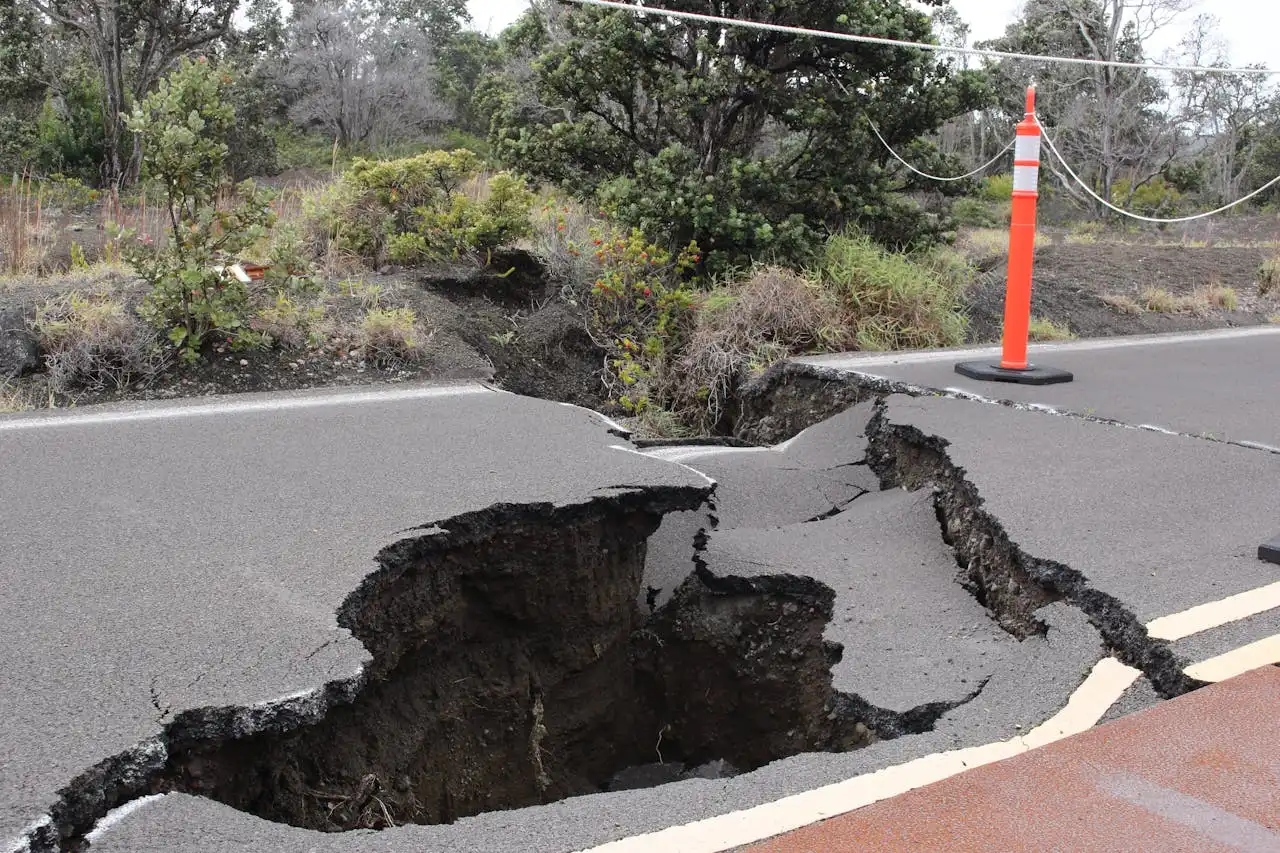
Japan Earthquake Rumors: Between Manga Prophecies, Tourist Fear, and Scientific Reality
6 months ago
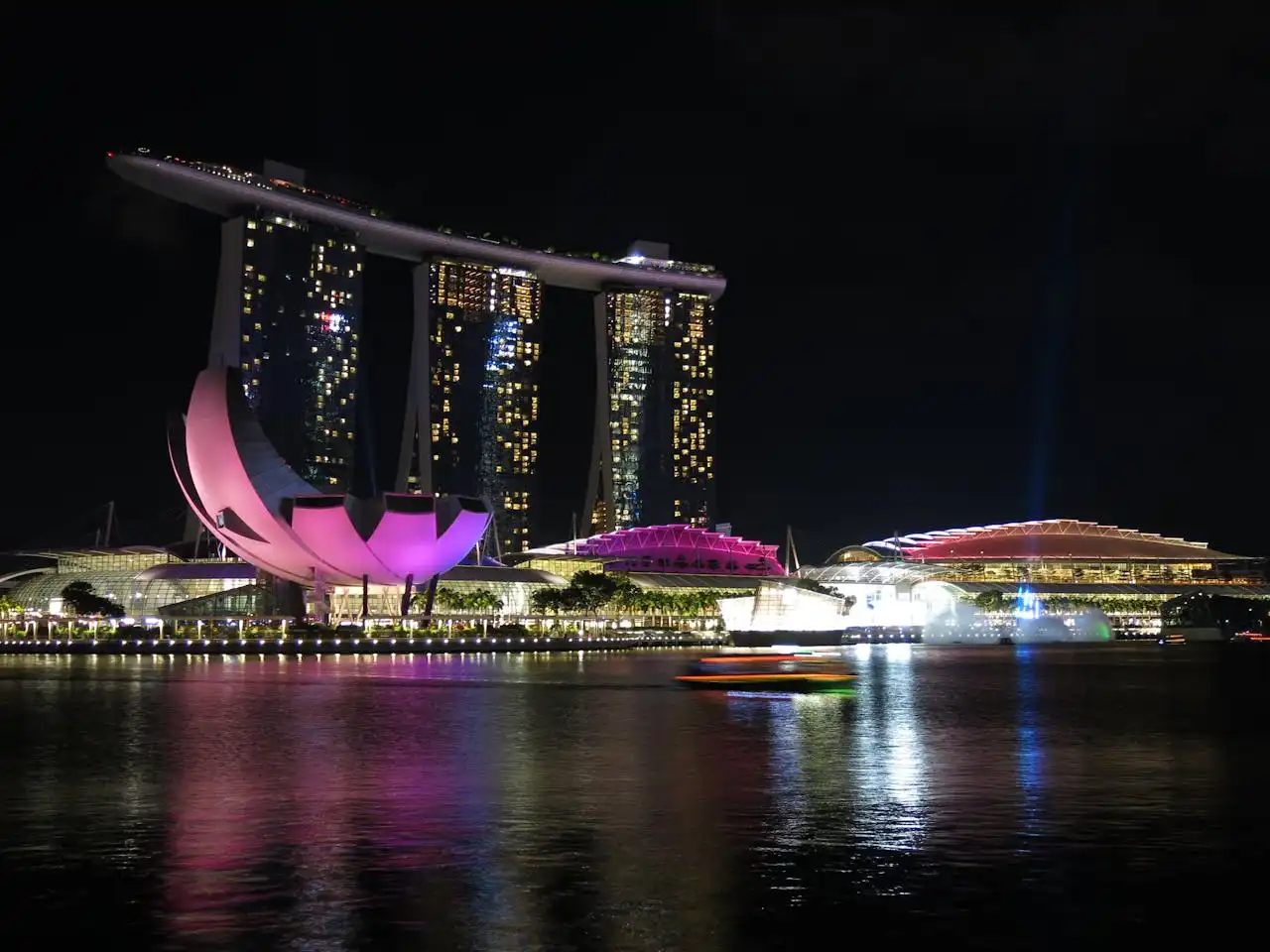
Marina Bay Sands to Become a New Icon with US$8–9 Billion Development
6 months ago
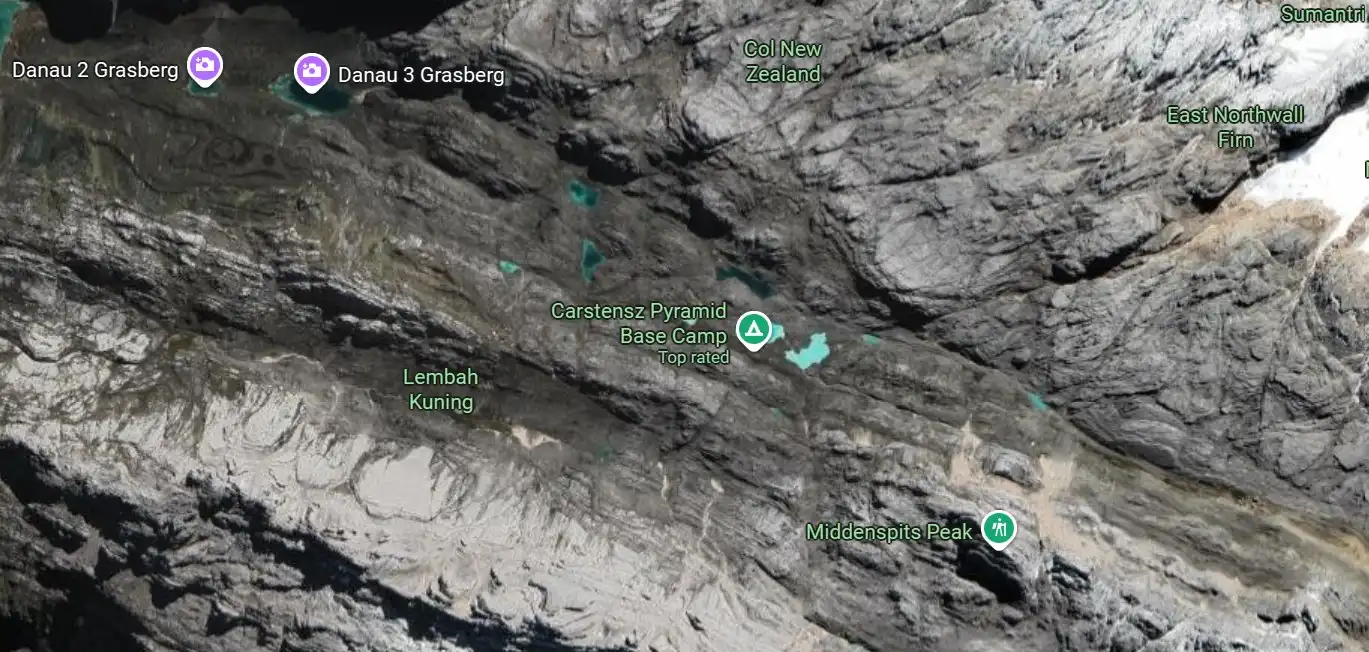
The Vanishing Crown: Global Warming's Grip on Carstensz Peak's Glaciers
6 months ago

The Pig Lungs That Could Change Everything: A New Dawn for Organ Transplants?
6 months ago

The Unseen Legacy: Chernobyl's Enduring Echoes on Life and Land
6 months ago
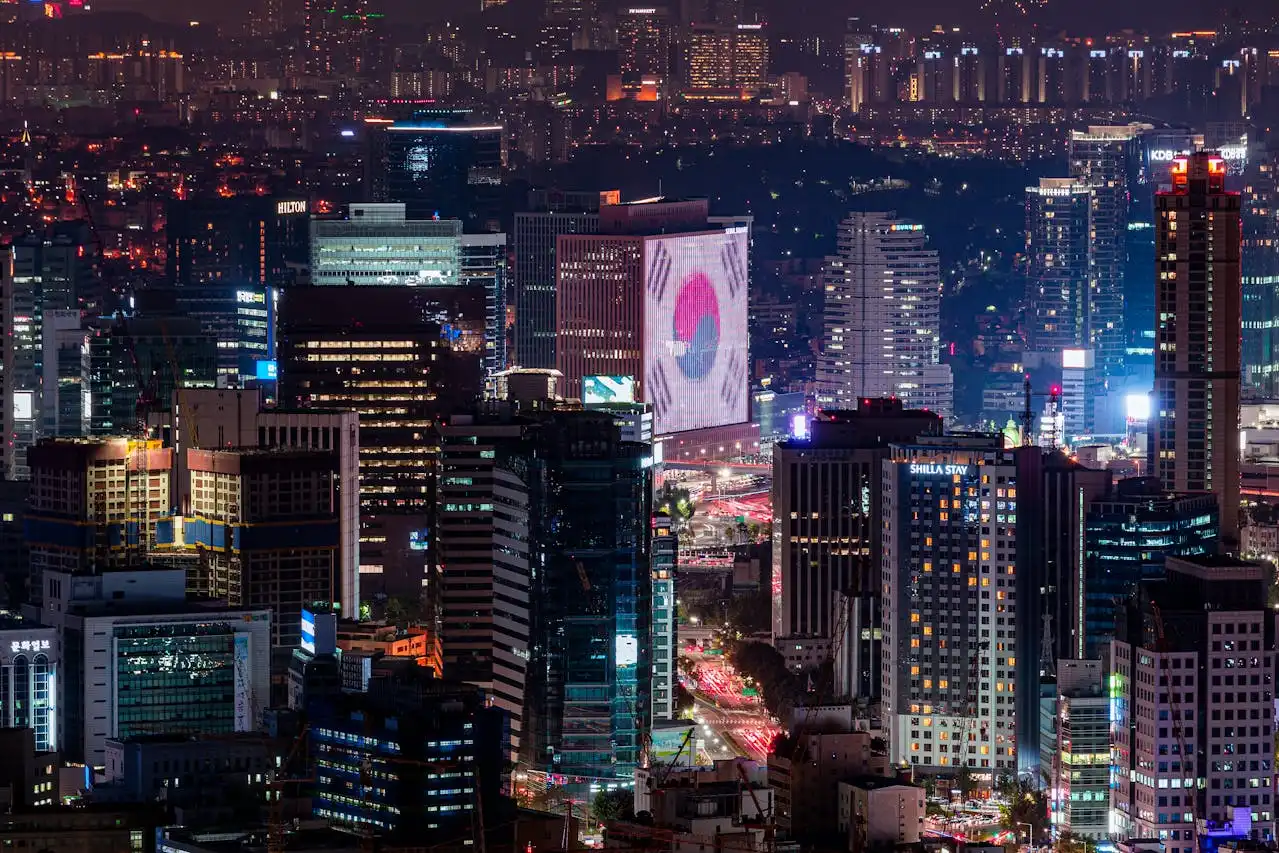
South Korea's Latest Crime-Fighting Gizmo: Say Hello to the Hologram Police!
6 months ago
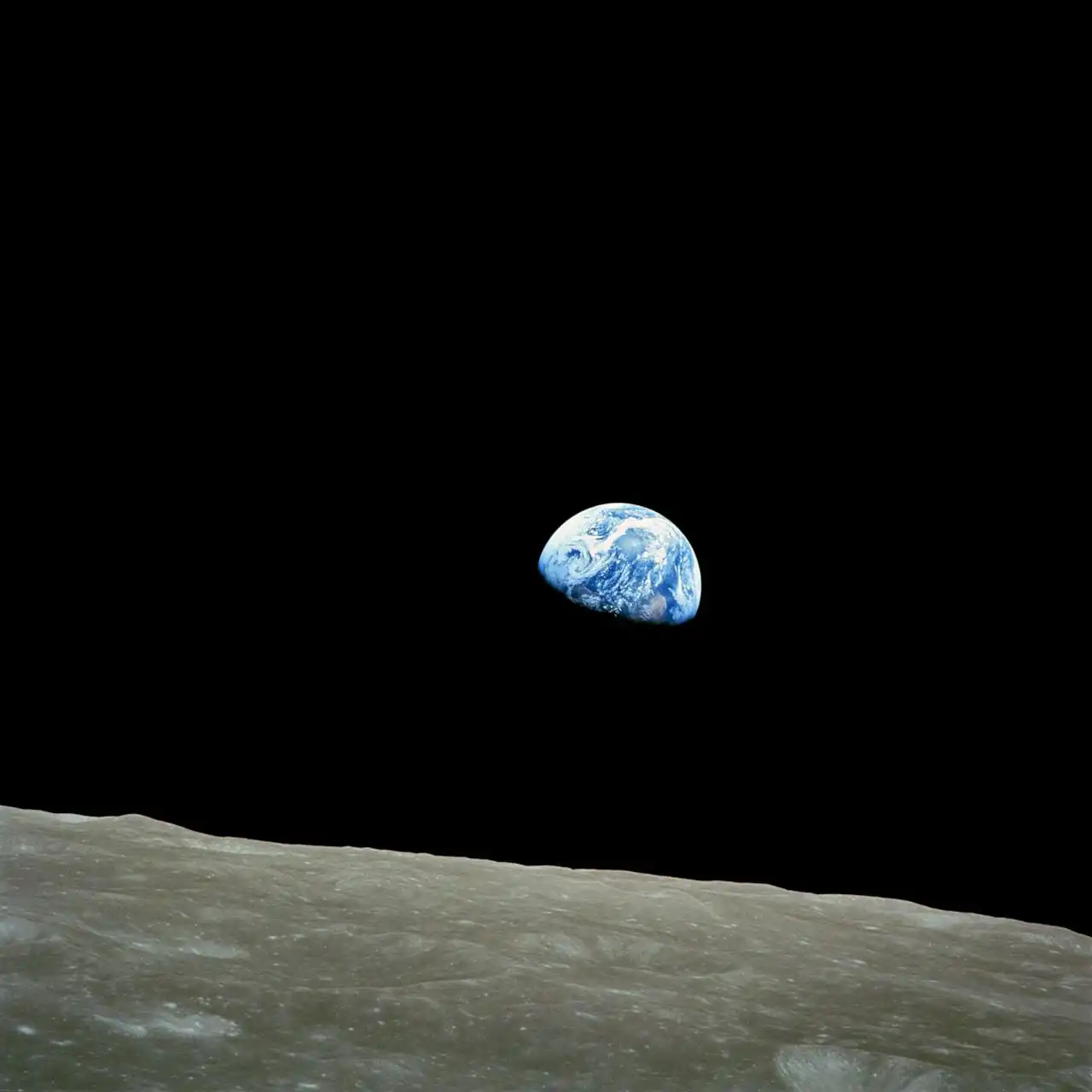
The Cosmic Game of Hide-and-Seek: Beyond Planet X, Meet Planet Y?
6 months ago

Russia's Tech Gambit: Unpacking the Bold Move to Ditch WhatsApp for a Homegrown Messenger
6 months ago
